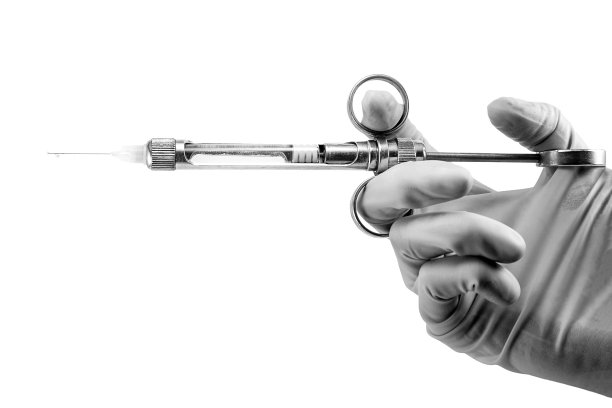Essential Precautions to Take Before and After Your Dental Filling to Ensure Optimal Oral Health
Summary: Maintaining optimal oral health requires diligent care before and after dental fillings. This article discusses essential precautions to take, emphasizing the importance of comprehensive preparation, effective aftercare, dietary considerations, and regular dental follow-ups. Implementing these strategies not only facilitates a smoother dental experience but also promotes long-lasting oral health and reduces the risk of complications. Your commitment to these precautions lays the foundation for a healthy smile and overall well-being.
1. Preparing for Your Dental Filling Appointment

Before undergoing a dental filling, preparation is crucial for ensuring a smooth procedure. First and foremost, make sure to schedule your appointment with ample time to spare. This means avoiding a packed schedule on the day of your appointment, as arriving stressed can affect your experience. Try to set aside a couple of hours exclusively for the visit to foster a more relaxed mood.
Another essential aspect of preparation is informing your dentist about your medical history, allergies, or medications you are taking. This information allows your dentist to tailor the treatment to your specific needs and safeguard against any potential complications. Being honest and detailed in your medical disclosure greatly enhances your safety during the procedure.
Lastly, arrange for transportation if you are receiving sedation during your filling. While most fillings require local anesthesia, some might involve deeper sedation. In these cases, having a friend or family member to drive you home post-appointment is not only practical but also safe.
2. Effective Aftercare for Dental Fillings
After receiving a dental filling, its essential to follow specific aftercare guidelines to promote healing and prevent discomfort. Initially, you may experience numbness in your mouth due to anesthesia. To avoid biting your tongue or cheek, be cautious and refrain from eating until the numbness wears off completely.
Once you are able to eat, opt for soft foods for the first few days. Foods like yogurt, mashed potatoes, and smoothies can help ease any discomfort while protecting your new filling. Avoid hot beverages and hard, crunchy, or sticky foods that might disrupt or damage the filling.
Oral hygiene remains paramount after a filling. Brush and floss gently around the treated area, as excessive force can dislodge or damage the filling. Over time, maintain your regular oral hygiene routine, using soft-bristle toothbrushes and low-abrasive toothpaste to prevent wear on the filling material.
3. Dietary Considerations to Support Oral Health
After a dental filling, dietary choices play a critical role in preventing future issues and ensuring optimal oral health. Start by avoiding sugar-laden foods and beverages for at least 48 hours post-procedure. Sugar feeds bacteria in the mouth, which can lead to decay around the filling area, potentially compromising your treatment.
Incorporating foods rich in calcium and phosphorus is beneficial for dental health. Dairy products, leafy greens, and nuts can support the strength of your teeth and dental work. These nutrients help in remineralizing your teeth, further protecting against cavities.
Finally, staying hydrated is crucial. Water aids in washing away food particles and bacteria, minimizing the risk of plaque buildup. Consider drinking plenty of water throughout the day and using it as a mouth rinse after meals to help maintain a clean and healthy oral environment.
4. Importance of Regular Dental Follow-ups
Once your dental filling is in place, routine follow-ups with your dentist are imperative for ongoing oral health. Scheduling a follow-up appointment within a few weeks allows your dentist to check the fillings placement and integrity. This early evaluation can ensure any issues are caught and addressed promptly.
Moreover, regular dental visits support comprehensive oral care. Your dentist can perform professional cleanings and examinations, which can help prevent issues arising around fillings, such as infection or additional decay. Consistent care is a proactive approach to maintaining your oral health.
Lastly, consider discussing any questions or concerns you may have about your filling during these follow-ups. Engaging in open communication with your dentist can improve your understanding of oral health, specifically regarding how to care for your fillings and teeth longer-term.
Summary:
In conclusion, taking essential precautions before and after receiving a dental filling is necessary for ensuring optimal oral health. Preparation, effective aftercare, thoughtful dietary choices, and regular dental follow-ups are integral steps that contribute to the longevity of your dental work. By adhering to these guidelines, you not only enhance your recovery but also invest in your overall well-being.
This article is compiled by Vickong Dental and the content is for reference only.



